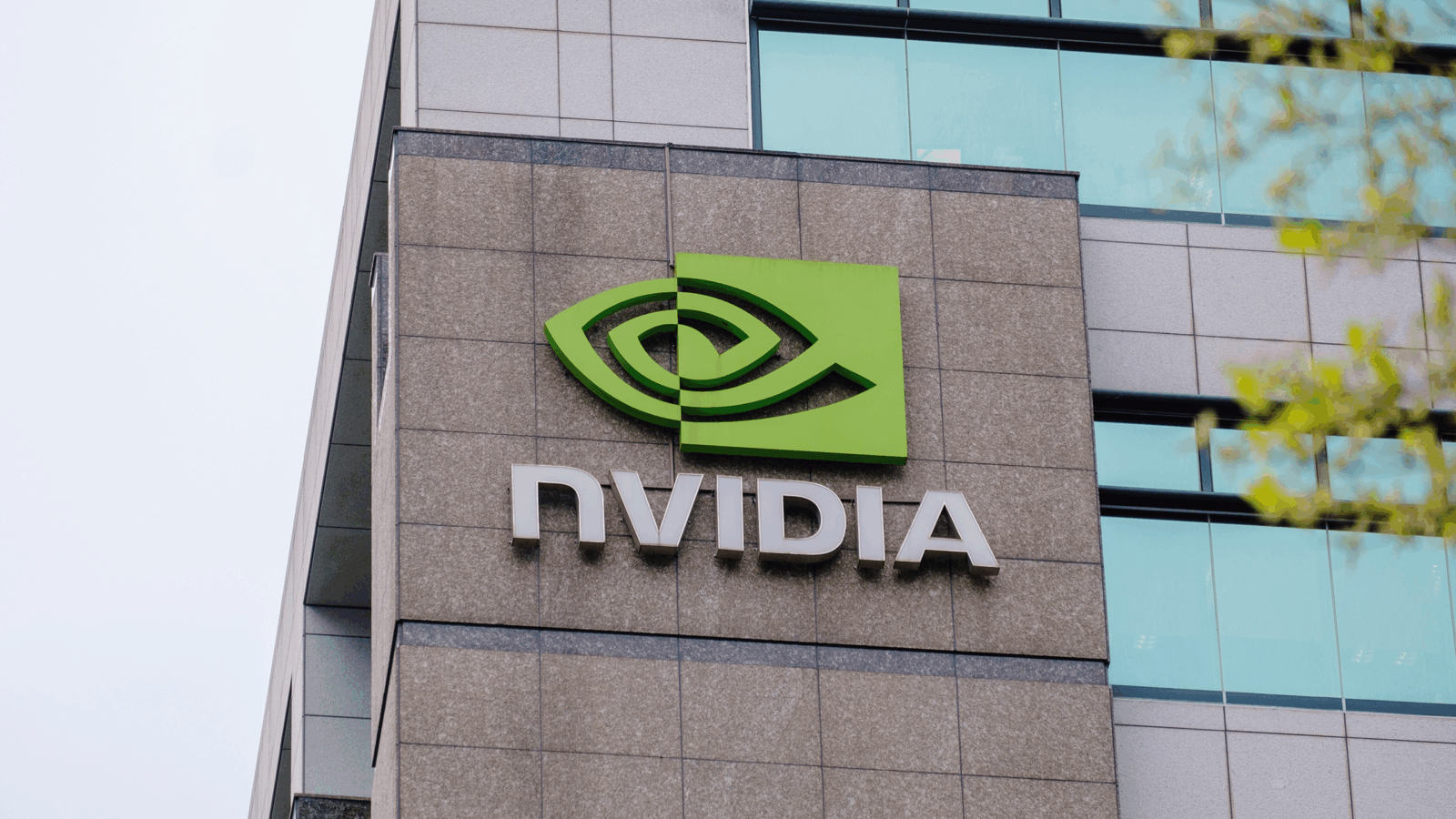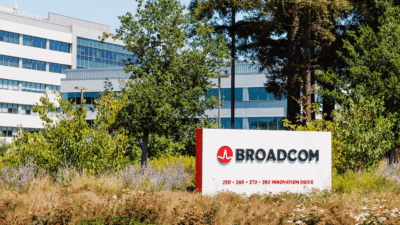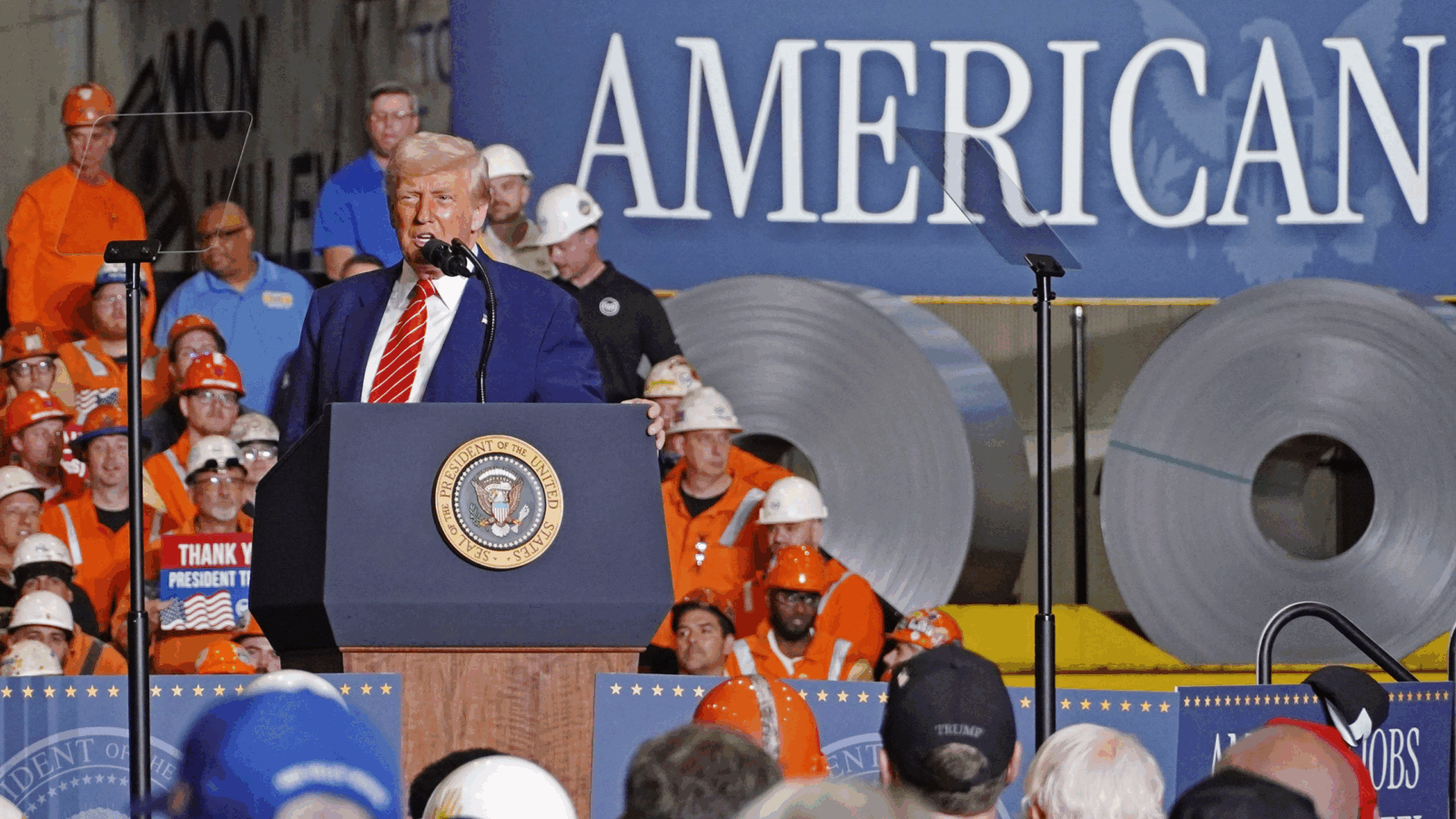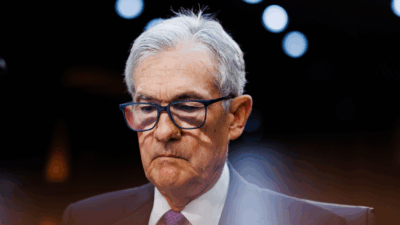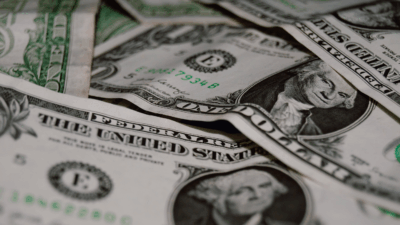European Junk Bonds Are Back in Fashion
Several countries are looking more resilient than previously expected, leading to hopes that rate cuts will save riskier assets.
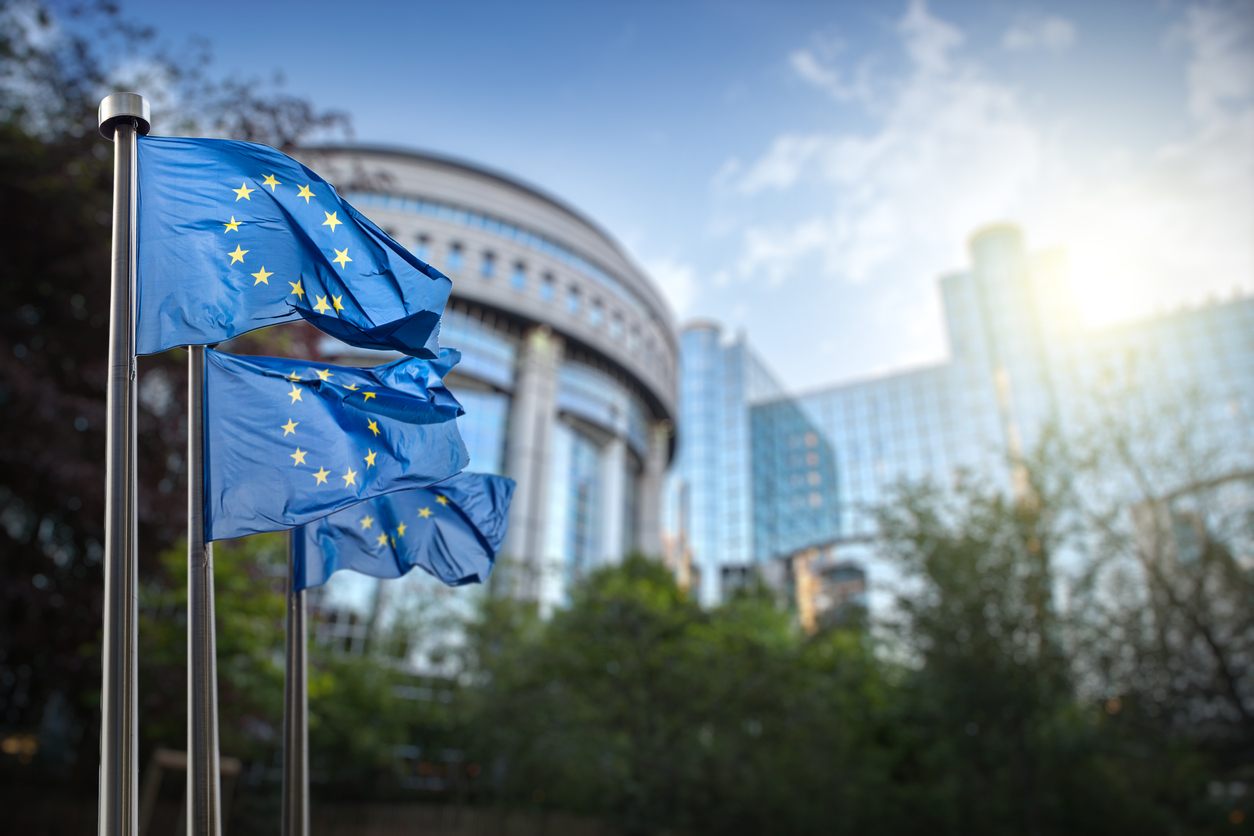
Sign up for smart news, insights, and analysis on the biggest financial stories of the day.
The rising tide that is Nvidia is lifting boats across the Atlantic, too.
The Silicon-Valley based AI chipmaker has been on a stock market run that’s close to unprecedented: After more than tripling in 2023, Nvidia shares have jumped nearly 60% already this year, making the company the fourth-most-valuable company in the world with a market cap of nearly $2 trillion. They’ve noticed across the pond.
Junk Me
In the wake of another stellar earnings blowout last week, Nvidia, as Deutsche Bank strategist Jim Reid told the Financial Times, was transforming “the mood of the whole global risk market.” That’s helped investors feel better about risk overall. Case in point: European junk bonds, which are attracting increased attention from investors who have long shunned them. In fact, BlackRock data cited by the FT showed that a record $1.2 billion has flowed into European-listed ETFs that hold the region’s high-yield bonds, compared with just $200 million for comparable ETFs that invest in US junk bonds. It’s the first time that European investors have favored their own junk bonds over the US’ since 2019:
- Part of this pivot is a bet on Europe’s increasing chances of its own “soft landing” — several of Europe’s economies haven’t suffered as much pain as expected, while cooling inflation has buoyed hopes that central banks will be encouraged to cut rates, helping the fortunes of companies issuing junk debt.
- On this side of the Atlantic, the opposite is true: a resilient economy still seems to have the Federal Reserve hesitant to start cutting interest rates, meaning the “higher for longer” scenario could hurt junk issuers here.
Red Tape Blues: Not every European investor is feeling particularly perky about the region’s immediate prospects. Oil billionaire Jim Ratcliffe told the FT over the weekend that the European Commission’s Green Deal — a plan to push the continent toward decarbonization — is so full of “suffocating bureaucracy” that it’s pushing companies to invest outside the bloc to build any new capacity. Considering Ratcliffe recently managed to put together a few shekels to buy more than a quarter stake in $6 billion football club Manchester United, the complete deindustrialization of Europe doesn’t appear to be a near-term threat.
